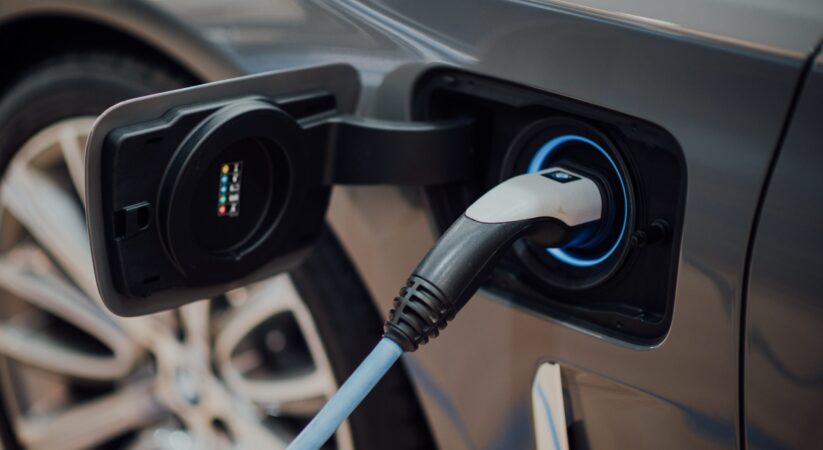This go-round, Biden is “preparing to roll out the toughest-ever” emissions restrictions, according to Bloomberg.
The report says that the Environmental Protection Agency is poised to implement emissions limits that (Biden thinks) could significantly boost electric vehicle sales, requiring EVs to constitute about two-thirds of new car and light truck sales by 2032, a sharp increase from less than 10% last year.
Unless, of course, people stop buying new cars.
Regardless, this regulation supposedly aims to cut down on pollution and carbon dioxide emissions, and marks a major action under President Joe Biden’s administration and a step toward meeting the US’s Paris Agreement goal of slashing its greenhouse gas emissions by 2030.
The transportation sector is currently the largest contributor to the US’s climate pollution, Bloomberg writes.
Manish Bapna, head of the Natural Resources Defense Action Fund commented: “Cars and light trucks on their own are roughly 20% of the carbon footprint.” Bapna says cutting that is “absolutely essential to real, concrete progress.”
Biden faces a challenge in balancing new emissions regulations with concerns from Michigan voters and autoworkers wary of a swift move to electric vehicles. U.S. carmakers have argued that the proposed EV targets are unattainable without more charging infrastructure. The costs have also weighed against rising labor costs for U.S. automakers.
John Bozzella, leader of the Alliance for Automotive Innovation, emphasized to Bloomberg the crucial next few years for building out supply chains and charging networks.
To address these concerns, the EPA is expected to set less aggressive emissions reduction goals in the short term while still aiming for the same 2032 objectives.
David Cooke, a senior analyst with the Union of Concerned Scientists noted: “The rule doesn’t meet the moment,” but still creates “some guarantees around movement toward zero-emission vehicles nationwide.”
“We will end up with more EVs on the road as a result of these rules than if we didn’t have them,” he added.
What can be said about such poor policy that flies in the face of economic common sense? We guess that’s just the miracle of Bidenomics, Jack.





